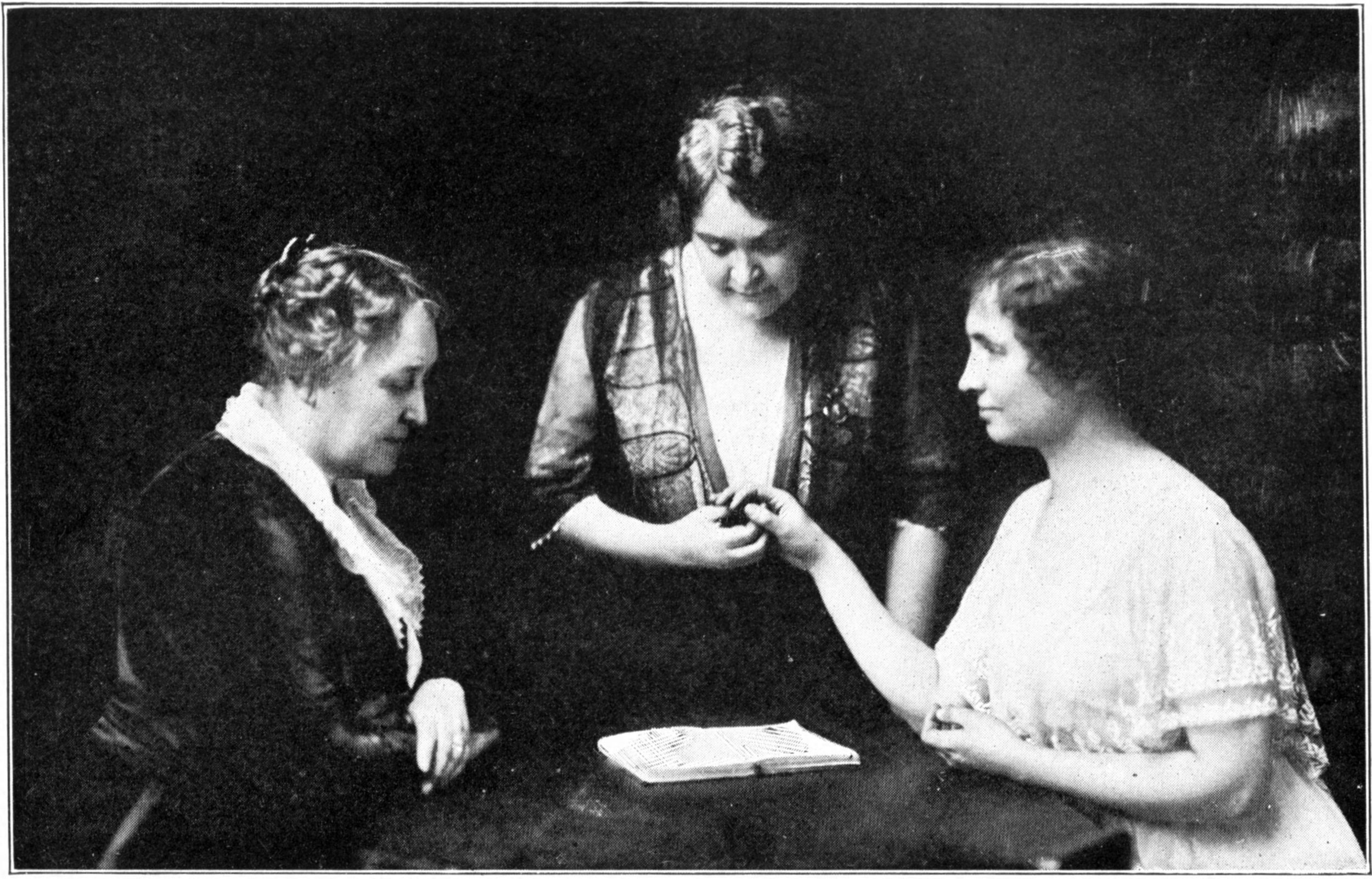This Week in History: Helen Keller
“The best and most beautiful things in the world cannot be seen or even touched - they must be felt with the heart.”
—Helen Keller
When you hear the name Helen Keller, what do you think of? Author, advocate, and educator, Helen did not let anything get in her way. Being deaf and blind, the author worked to bring attention to those with disabilities. Helen’s work is still making an impact that can be felt today.
Born on June 27, 1880, Helen Keller began her life as any other baby; she was not born deaf or blind. It wasn’t until she was a toddler that she became sick—a high fever left her unable to hear or see ever again. Today, people think that Helen may have come down with Scarlet fever. This sickness, as evident in Helen’s case, was extremely serious. Before the use of antibiotics, children were quarantined and whole neighborhoods were shut down in panic. It seems possible that this may have caused Helen Keller to lose her sight and hearing when she was a toddler.
Helen had difficulty communicating with her family for the first half of her childhood. She tended to act wildly and out of control. They did not know how to handle what was going on, so Helen was allowed to act as she wished, which included giggling uncontrollably when happy. The violent tantrums had relatives trying to convince her parents to institutionalize her quietly to not damage their reputations.
It wasn’t until she was six that an effort was made to allow her a more formal form of communication. Alexander Graham Bell examined Helen at that time and recommended the Perkins Institute for the Blind in Boston. A teacher from there, Anne Mansfield Sullivan, worked with Helen to teach her Braille and American Sign Language through touch. The two stayed together until Sullivan’s death.
In 1904, at the age of 24, Helen was able to graduate cum laude from Radcliffe College with the help of Sullivan. Despite this accomplishment, Helen did not allow herself to stop there, she went on to write about her disabilities and later about her life in general. Helen used her story to advocate for awareness of what it meant to be deaf and blind. She went on tour giving lectures. In 1929, she spoke to Congress about improving the welfare of the disabled. Helen also became a member of many different organizations and foundations to help other people who were in situations similar to her own.
In 1984, because of her impact, President Ronald Reagan proclaimed that the last week in June would be Deaf-Blind Awareness Week; the same week as Helen’s birthday. In 2019, the dates are June 23rd- 29th. This campaign educates the public about people who are both deaf and blind and brings the deaf-blind community together.
“Life is a daring adventure or nothing at all.”
–Helen Keller



